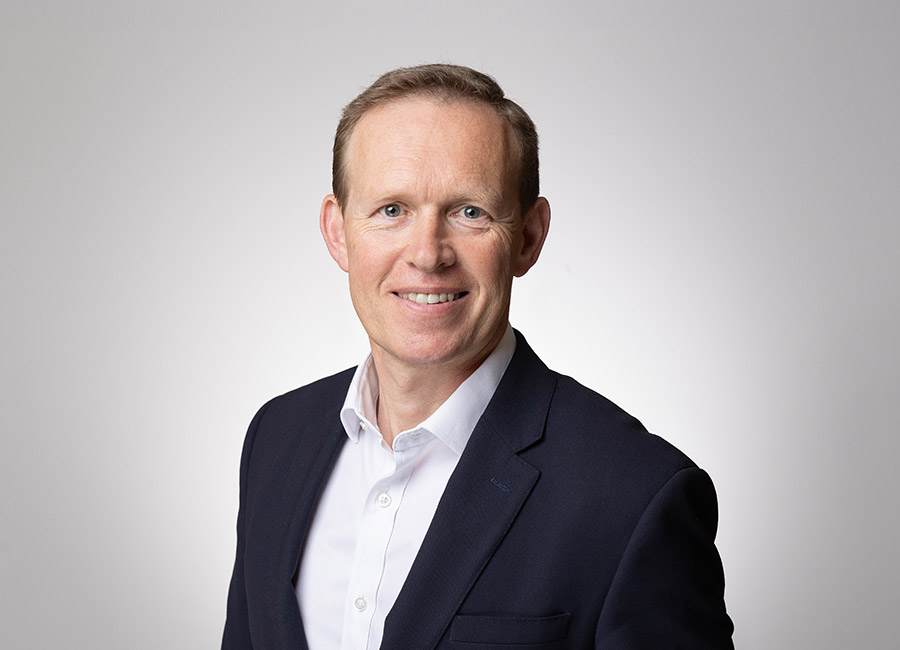Optimism levels among Ireland's chief financial officers have fallen significantly over the past year due to global uncertainty, according to the latest CFO survey from Deloitte.
Just 28% of Irish CFOs say they are more optimistic about their company's financial prospects than three months compared to 60% who said so last spring.
In Ireland, one in five CFOs (22%) expect their revenue to decrease, while 45% say they expect to see their revenue increasing over the next 12 months, slightly lower than the European average of 52%.
This time last year, a much higher number (74%) anticipated that their revenue would increase.
Geopolitics now ranks among the top three risks in 86% of European countries surveyed, the highest level since Deloitte began the survey in 2015, surpassing the levels seen when Russia invaded Ukraine in early 2022.
CFOs in Ireland also reported concerns about economic outlook (83%), cybersecurity threats (74%) and shortages of skilled professionals (51%), all of which are placing increasing strain on strategic planning and operations.
Other factors cited by CFOs in the total group include interest rates, inflation, and increasing regulations.
Two-thirds (66%) feel less optimistic about Ireland’s economy. However, nearly the same number (65%) believe there is more scope to grow FDI in Ireland.
A total of 1,542 chief financial officers from 14 European countries were surveyed for the biannual report.
Across Europe, 60% of CFOs now report that they are operating in a high-uncertainty environment, up from 53% in spring 2024 and 44% in spring 2023.
The Netherlands, Portugal and Ireland have the highest number of CFOs saying they are less optimistic, while Germany had the highest number of CFOs feeling more optimistic (45%).
In Ireland, 57% of CFOs cite cost reduction as a key strategic priority, 48% are reviewing supply chain efficiencies, and 42% are focusing on digitisation and technology transformation.
In contrast, expansionary strategies have been put on the back burner.
49% said entering new markets is not a priority, and 75% said the same for acquisition activity.
Despite the caution, 36% of Irish CFOs plan to increase capital expenditure over the next year, above the European average of 30%.
Similarly, 28% intend to increase headcount, suggesting businesses are still selectively investing in growth and talent.
“Geopolitics is clearly weighing on CFO sentiment," said Tom Hynes, partner at Deloitte Ireland.
"The changes to global trading structures now mean there are enhanced geopolitical shifts, and the vast majority of CFOs in Ireland now expect tariffs and global tensions to directly affect their operations.
“That said, Ireland still presents an opportunity. A significant number of CFOs believe there’s more scope to grow foreign direct investment, and we are seeing resilience in capital expenditure and ESG spending."
Irish respondents reported one of the highest increases in ESG investment across all countries surveyed, outperforming the European average of 27%.
Nearly half (40%) of Irish CFOs have increased ESG investment in the last year, while less than 1 in 10 (6%) reduced investment in this area.

“While the number of CFOs focusing on digital transformation is positive, it is concerning that it is slightly lower compared to other European countries. Digital transformation is an area where companies need to act now to remain competitive," Hynes continued.
"For any business to not only survive but thrive, digital transformation needs to be a top priority and investment.”
Photo: Tom Hynes. (Pic: Supplied)











